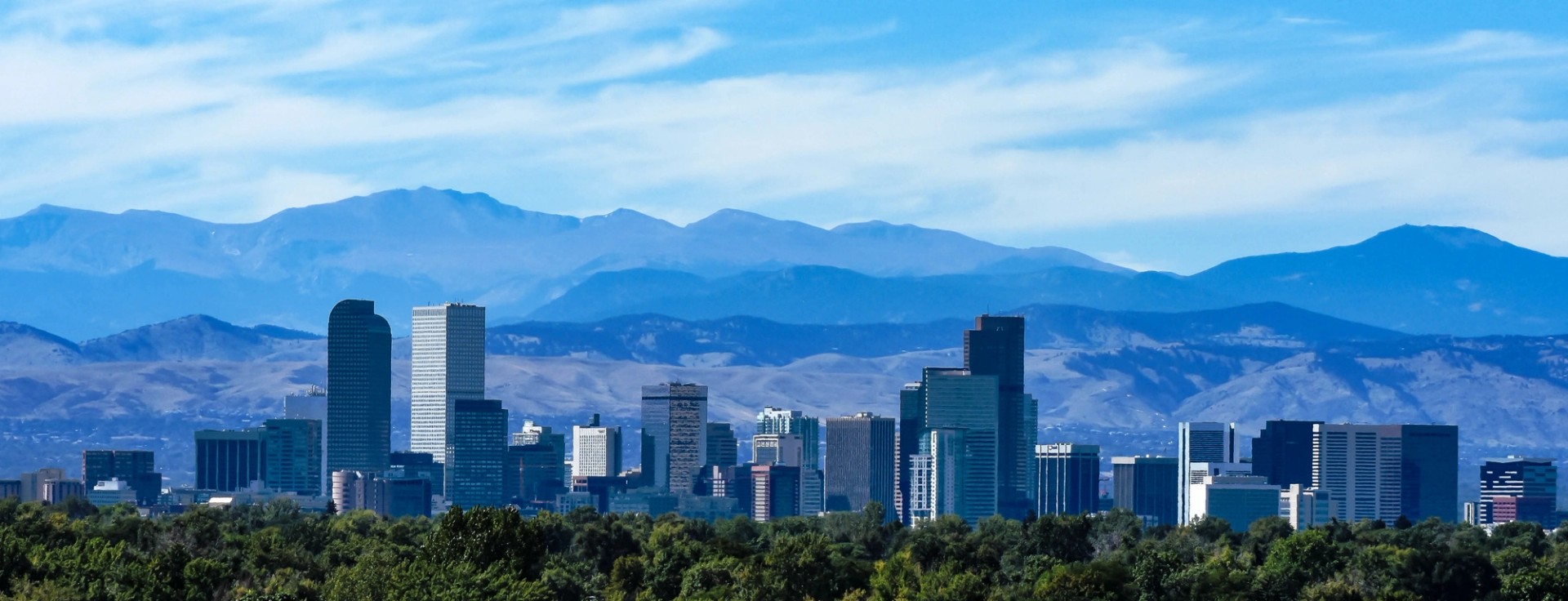For immediate release
Colorado’s Proposed Landfill Methane Rule Can Deliver Vital Benefits for Coloradans
CDPHE’s new rules can slash greenhouse gas emissions and harmful air pollution while avoiding more than $1 billion in climate-related costs for taxpayers
Industrious Labs

Denver—The Colorado Department of Public Health and Environment (CDPHE) today announced a draft methane emissions rule for the state’s municipal solid waste landfills. The rule includes essential standards such as early installation of gas collection systems, the elimination of open gas flares, and requirements for landfill cover practices. The draft rule also includes important provisions requiring landfill operators to mitigate large methane leaks identified via satellite or aerial surveys.
Building from these proposed provisions, CDPHE has an opportunity to include language in the final rule requiring the use of widely available and cost-effective advanced methane-sensing technology to enable comprehensive monitoring. This technology is sorely needed to supplement incomplete and error-prone human-based manual monitoring. Manual methane monitoring practices, like those currently required under federal rules and proposed by CPDHE, allow significant amounts of methane and harmful air pollution to go undetected. CDPHE should also improve transparency, for example, by requiring landfill operators to publicly disclose any requested exemptions.
The Colorado Air Quality Control Commission (AQCC) has voted to advance the draft regulation, which is expected to be finalized in August.
In response to the draft rule, a coalition of environmental justice and climate advocates released the following statements:
“For too long, low-income communities and communities of color in Colorado have shouldered a disproportionate burden from exposure to toxic air and hazardous air pollutants,” said Brian Loma, Hazardous Waste and Materials Diversion Advocate at GreenLatinos Colorado. “The proposed landfill methane rule will help us identify remedies for super emitter sites in our communities, especially in areas like North Weld Landfill in Weld County and Midway Landfill in El Paso County, which have significantly higher concentrations of low-income households living within one mile of the landfill than the state average. By strengthening emission capture and destruction standards, thereby reducing toxic emissions, Colorado can protect the health of these vulnerable communities and take an important step toward clean air.”
“Landfills are responsible for nearly 4.5 million metric tons of carbon dioxide equivalent of methane emissions in Colorado annually, with the same climate-warming impact as driving one million gas-powered passenger vehicles for one year,” said Katherine Blauvelt, Circular Economy Director at Industrious Labs. “The proposed landfill methane rule will reduce harmful emissions by closing regulatory loopholes and raising the bar for landfill management practices. I urge CDPHE to build upon this encouraging step by ensuring comprehensive monitoring for methane leaks utilizing 21st-century technology.”
“The proposed landfill methane rule is a critical step toward cleaner air and healthier communities in Colorado,” said Dr. Nikita Habermehl, pediatric emergency medicine physician and board member of Healthy Air & Water Colorado. “As someone who lives and cares for patients in Larimer County, home to one of the largest landfills in the state, I have seen firsthand how air pollution impacts public health. Landfill emissions are linked to cancer, heart conditions, and drive ozone formation, worsening smog and exacerbating asthma and other respiratory illnesses, especially in children. We're encouraged by this important step toward stronger, commonsense regulations that will directly improve health outcomes for families across the state.”
“This is what climate leadership looks like – Colorado’s proposed landfill methane rule is a pioneering step forward in tackling one of the most potent climate pollutants by leveraging tools like drones, satellites, and biofilters,” said Madison Hall, Associate at RMI. “By requiring the earlier installation of gas collection systems and incorporating advanced monitoring technologies, the rule will significantly improve the detection and mitigation of methane leaks, ensuring a more efficient approach to landfill emissions control.”
“Communities across Colorado are on the frontlines of landfill operations, and local elected officials see firsthand the health and environmental impacts that these facilities have on their communities,” said Jessica Pace, Interim Executive Director at Western Leaders Network. “By embracing advanced technologies and best practices, Colorado’s proposed landfill methane rule can provide the regulatory standards local governments need to ensure cleaner air, economic benefits, and a more resilient climate future for their constituents.”
"The latest science shows that methane pollution from landfills is higher than previously estimated. The good news is that addressing landfill emissions is a cost-effective climate action, and Colorado is poised to become a national leader in implementing this practical solution," said Ryan Call, Campaigns Coordinator at Eco-Cycle. "However, while capturing methane emissions is an important piece of the puzzle, we also need to prevent them in the first place by diverting food scraps and yard trimmings from landfills and instead putting them to beneficial use as compost."
“Air pollution from landfills harms public health and is a significant contributor to climate change which is causing dangerous and costly impacts like increased flooding and wildfires that put Coloradans at risk,” said Edwin LaMair, Senior Attorney, Environmental Defense Fund. “Colorado should continue to move swiftly forward, building from its experience with the oil and gas sector to finalize leading standards for landfills that protect communities from harmful pollution and help the state achieve its climate goals. The draft rule released today is an important step, and we urge state officials to finalize strong standards that protect Coloradans.”
Learn more about the coalition and its work to reduce landfill pollution in Colorado here.